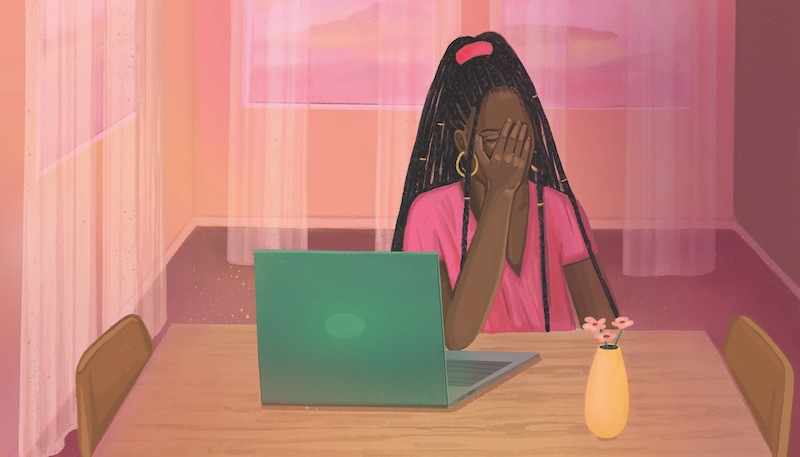Cover letters often prove to be a challenge to write. With no straightforward structure to follow and only a blank page to stare at, they can leave students racked with nerves. However, with a solid foundation of guidelines and a couple rounds of careful proofreading, perfecting your cover letter doesn’t have to be such a stress-inducing process; it can be an opportunity to express yourself and highlight your assets.
The McGill Tribune sat down with Linda Cicuta, a career advisor at the Career Planning Service (CaPS), to get advice on how students can write an impactful cover letter that accurately reflects their personality and accentuates their skills.
This interview has been edited for clarity.
Chloé Kichenane (CK): Writing a cover letter can be overwhelming when we don’t know where to start. What would the structure of a good cover letter look like?
Linda Cicuta (LC): I think the perfect structure starts with self-reflection, starting off by the introduction of who you are and how you stand out. Starting off with a bang is important. An opening line could easily be: “As a second year McGill student in economics, with six months experience in ‘x’ or in a related field, I’m confident I would be a great asset to your team.” Right away you’re different from everybody else. It also empowers you and builds your confidence, because in the end, you have to believe you can do this.
CK: It can sometimes be difficult for students to express what makes them stand out. Do you have any unique advice for writing those personal strengths into a cover letter?
LC: What sets you apart is everything outside of your degree: Soft skills are huge. Whether you’ve developed leadership skills or communication skills, those are fantastic things to highlight, and set you apart as well.
CK: What are the highlights of a good cover letter?
LC: I think it needs to be engaging, but it has to reflect your personality, […] and it needs to be in line with the industry and the position that you’re applying for. I think the highlights are proper
formatting and making the connection between you and [your potential employer].
CK: What are the things to avoid while writing your cover letter?
LC: Don’t be generic, that’s for sure. Be confident. Passive words like “think,” “feel,” and “believe” aren’t as confident as just stating you would be a good candidate, or you are a good candidate. But again, it has to reflect your personality, and you have to be comfortable writing it. A taboo thing would be to say “I” all the time. Don’t forget to proofread: Many times students have forgotten to change the name of the company, that will blow their application out of the water for sure.
And you don’t use pronouns if you are not sure. Don’t include the word “yours” at the end: You don’t belong to anybody.
CK: Any final tips?
LC: There’s nothing wrong with being bold and forward if you’re comfortable with it. No matter who you are, you have a lot to offer, U0 to U4. You’re all incredible students, you
all come from different backgrounds and you all have your own outstanding skill sets to offer.
For a more detailed guide to getting started on their cover letters, students can refer to McGill’s Career Planning Service guide.









